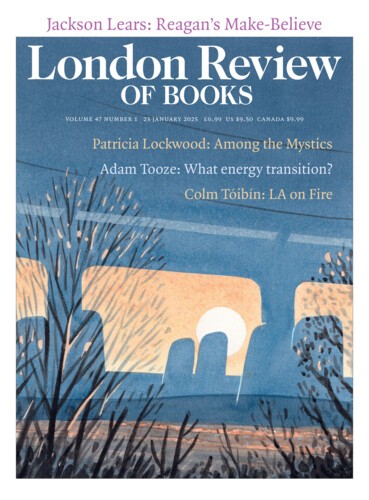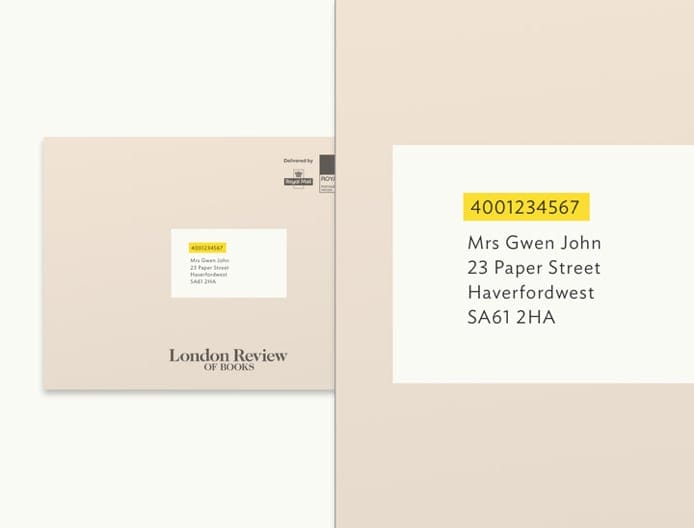Rashtriya Swayamsevak Sangh (RSS), India’s National Volunteer Organisation, is the oldest, largest and most successful far-right group in the world today. It is also the effective ruling power in India. The ruling Bharatiya Janata Party (BJP) is merely a political front – one of numerous fronts – for the RSS. Narendra Modi, the prime minister, has been a functionary of the RSS all his life and it was the RSS that decided to field him first as chief minister of Gujarat (2001-14) and then as India’s prime minister (from 2014). Few cabinet ministers in BJP governments, past or present, have not been loyal members of the organisation, which has never given a transparent account of its finances or its members. It claims exemption as a self-styled ‘cultural organisation’ – or, on occasion, ‘charity’ – even though it isn’t at all clear whether it has ever registered itself as such.
The RSS has also normalised Hindu nationalist violence. In 2014, around the time of the election, a number of intellectuals and journalists known for their promotion of rationality and secularism were murdered, most of them shot at point-blank range: Narendra Dabholkar, Govind Pansare, M.M. Kalburgi, Gauri Lankesh. None of them was Muslim, but their opposition to the Hindutva project meant they were classed as what the RSS likes to call ‘anti-national’. The assassinations were apparently carried out by members of a group that doesn’t profess to be an affiliate of the RSS but is undeniably its imitator. Clones are now proliferating across the country. Lynchings of Muslims have become commonplace, with more than a hundred incidents reported since 2015. Parliament was told last month that 97 Muslims were killed in the course of 751 attacks in 2016, and 111 killed and almost 2500 injured in 822 attacks in 2017.
Modi was re-elected in May last year. On 5 August, the government stripped Jammu and Kashmir of statehood, dividing it into two separate territories, thus violating not only the state constitution but the Indian constitution as well. Jammu and Kashmir was the only Muslim majority state in India and enjoyed special constitutional safeguards. Abolishing these has effectively turned it into an Indian colony. A few weeks earlier, on 19 July, parliament had introduced the Citizenship (Amendment) Bill and the home minister, Amit Shah, announced the introduction of a National Register of Citizens to determine which of the country’s residents are citizens and which illegal immigrants (‘infiltrators’, as the newspapers put it; ‘termites’ according to Shah). The Act stipulates that illegal immigrants from Pakistan, Bangladesh and Nepal who came to India before 2014 as a result of religious persecution and subscribe to religions other than Islam will be given an expedited route to citizenship. This means that Muslims who faced religious persecution in those countries – Ahmadis in Pakistan or Hazaras in Afghanistan – do not qualify. Myanmar isn’t one of the countries covered by the Act because the Rohingyas are Muslim and the Indian state is already busy deporting them. Michelle Bachelet Jeria, the UN high commissioner for human rights, wrote to the Indian Supreme Court pointing out that the Act contravenes any number of international statutes to which India is a signatory.
The proposed register of citizens would require every Indian to produce documents to prove their citizenship; it is estimated that around 70 per cent of the population have no such documents. This is especially true of the low castes, the rural and urban poor, forest dwellers and religious minorities. The register was immediately identified as an attempt to deny citizenship to large numbers of Muslims. Students at Jamia Millia in Delhi and at Aligarh, the two major universities historically associated with Muslims, responded with non-violent protests. Police stormed both campuses in December, invading libraries and dorms to attack students (they also destroyed CCTV cameras).
Send Letters To:
The Editor
London Review of Books,
28 Little Russell Street
London, WC1A 2HN
letters@lrb.co.uk
Please include name, address, and a telephone number.



